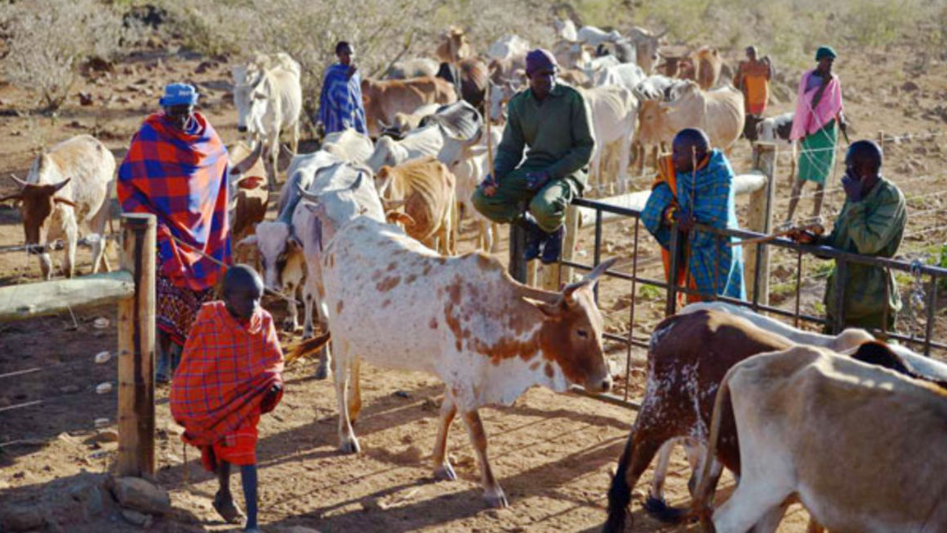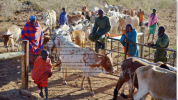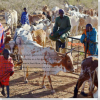
African pastoralists need support to beat climate change and earn more
Core resources
Reposted from The East African.
By Jimmy Smith.
The latest report from United Nation’s climate experts is gaining widespread attention as a dire warning of what the future may hold. But here in East Africa, where we have endured a string of failed rainy seasons that are without precedent, climate change is already a here-and-now problem.
You can see it cruelly manifested on a landscape littered with the carcasses of more than 1.5 million cattle, sheep and goats losses that have pushed some 13 million East Africans into poverty and hunger. And now global food shortages caused by the war in Ukraine could deepen their misery.
In East Africa, the people most affected by this new normality of climate abnormality are known as pastoralists. For centuries they have built a rich culture that revolves around herding livestock across vast, barren yet bracingly beautiful lands.
Today, many so-called experts dismiss pastoralism as a fragile, antiquated way of life no longer valuable for addressing 21st century problems. And they probably view the current drought-induced suffering in pastoralist communities as confirming their assessment.
But I work with livestock specialists who have spent decades embedded in pastoralist communities. Our data and that of our partners tells a very different story. It reveals pastoralists as natural stewards of the world’s largest ecosystem — people with a long history of managing livestock as a productive, sustainable economic enterprise on lands that, even before the recent surge of droughts, were too dry to support crop production.
Africa’s pastoralists provide three-quarters of the continent’s milk and half of its meat despite their current climate-related struggles. Pastoralism is actually well-suited for providing an environmentally sustainable, climate-smart future for millions of Africans.
What pastoralists need are targeted investments so they can tap the survival skills developed over many generations to adapt to climate stress, earn more income from their animals and put a contemporary stamp on this ancient way of life.
Already, there are many pastoralists in East Africa who have created hundreds of ‘eco-conservancies’ and grazing associations to develop strategies that maintain the health and productivity of both their animals and their rangelands.
To secure the future of Africa’s rangelands we must secure the future of their human inhabitants, most of whom still live in poverty. A good example of smart investments in pastoralism are innovative programmes, embraced by the governments of Kenya and Ethiopia, that subsidise pastoralist purchases of livestock insurance.
Our studies show that insured households are much less likely than uninsured households to be forced to sell their animals at ruinously low prices.
Households with such coverage come through droughts with higher incomes and milk yields. A new World Bank project is supporting pastoralists across Dijbouti, Ethiopia, Kenya and Somalia by providing livestock insurance and better access to finance and livestock markets.
And more welcome news came in March with the UN declaration of 2026 as the ‘International Year of Rangelands and Pastoralists’. This follows years of work by a global coalition of more than 300 pastoralist and supporting organisations, and several UN agencies, led by the governments of Mongolia and 68 co-sponsoring countries.
Climate models predict that droughts like those now roiling East Africa are likely to become more frequent. We have a choice. We can continue to neglect these resilient peoples and spend billions of dollars addressing a succession of climate-driven crises.
Alternatively, we can invest in the people best equipped to sustainably develop East Africa’s drylands, strengthening their ability to manage scarce natural resources while navigating a path to a better future in a climate-stressed world.
Jimmy Smith is director general of the International Livestock Research Institute, based in Kenya and Ethiopia.

